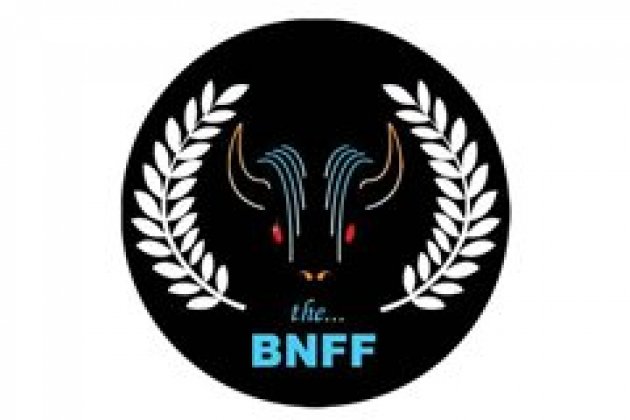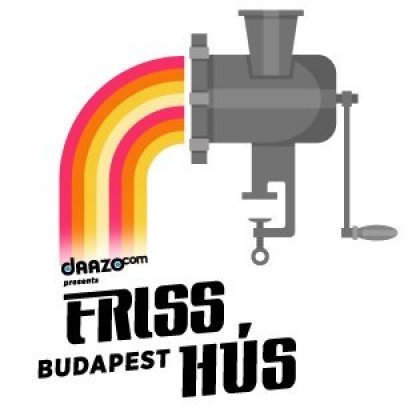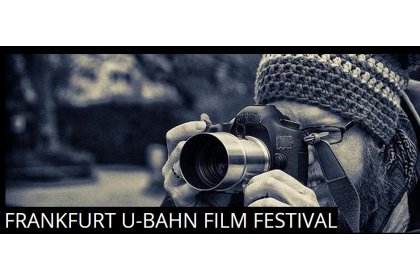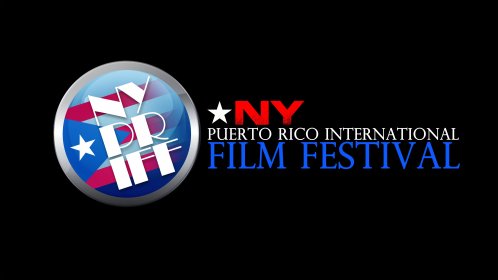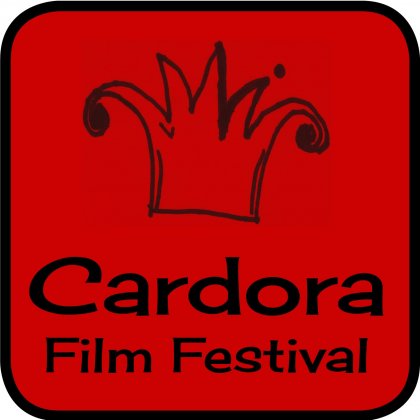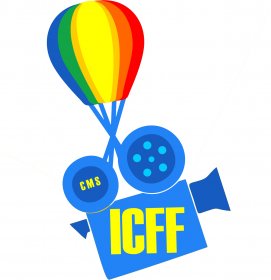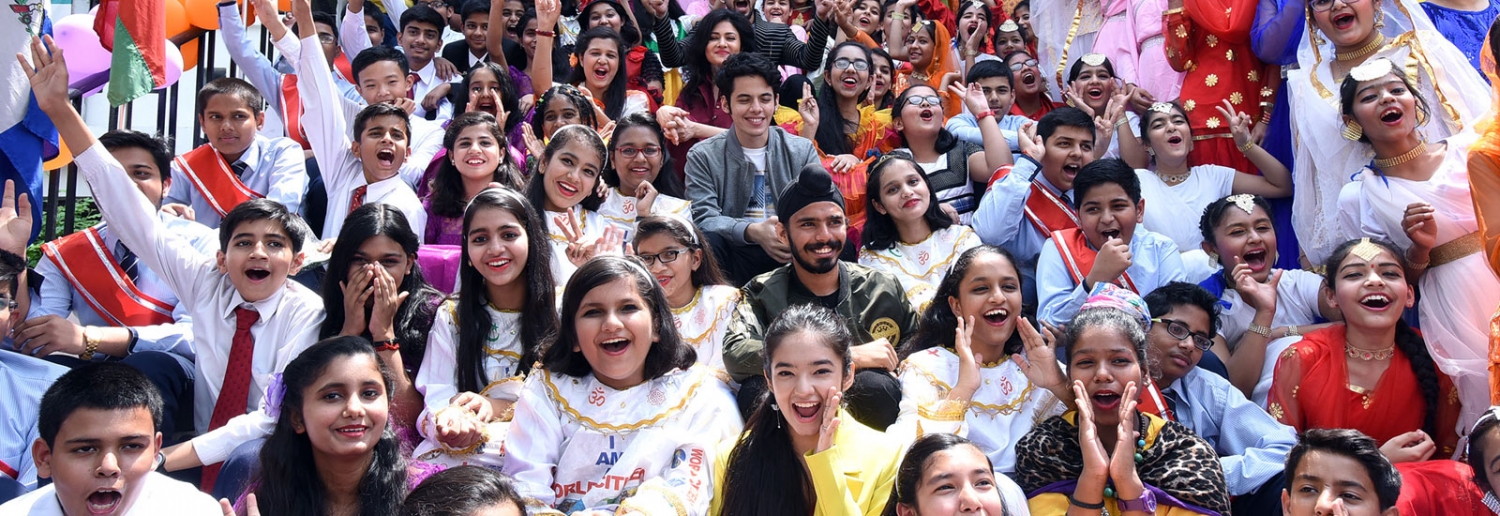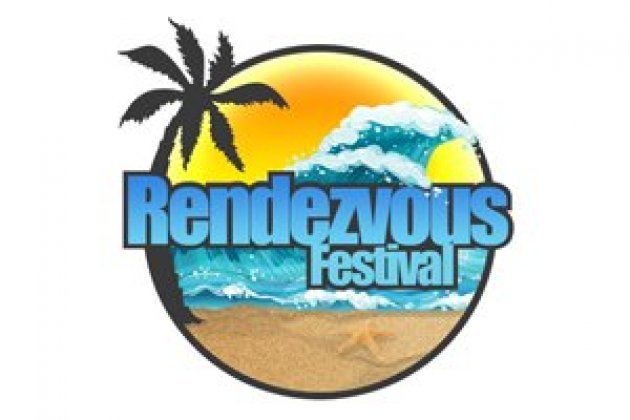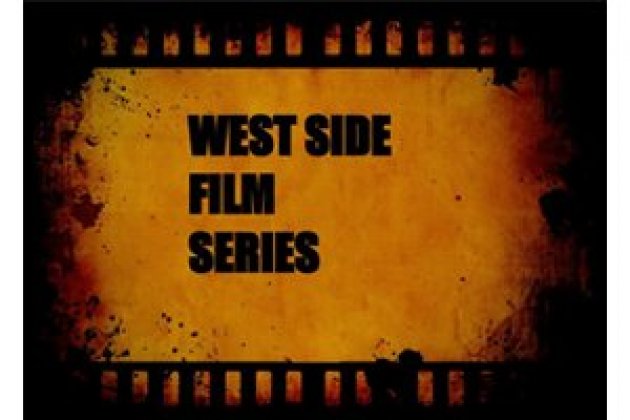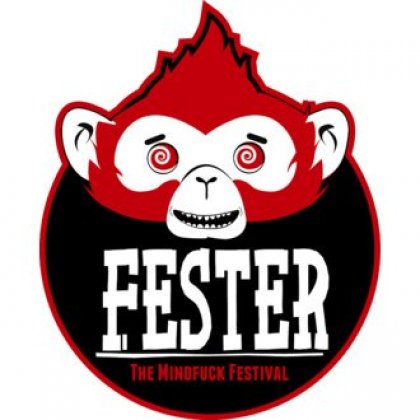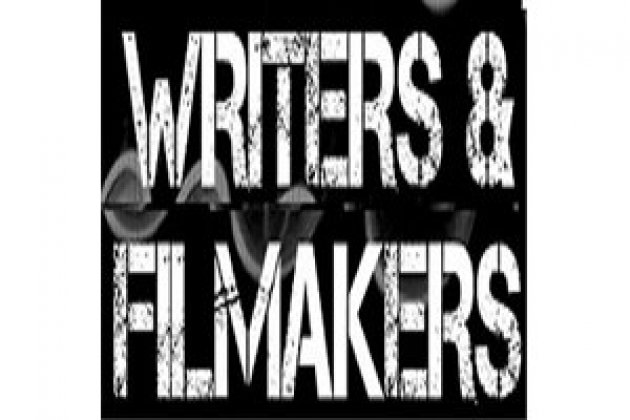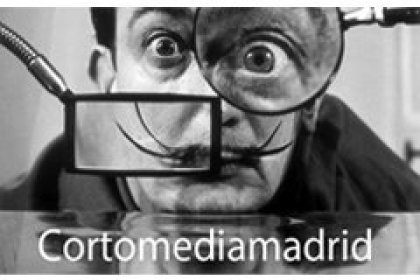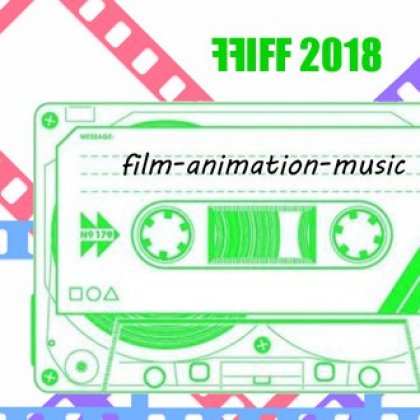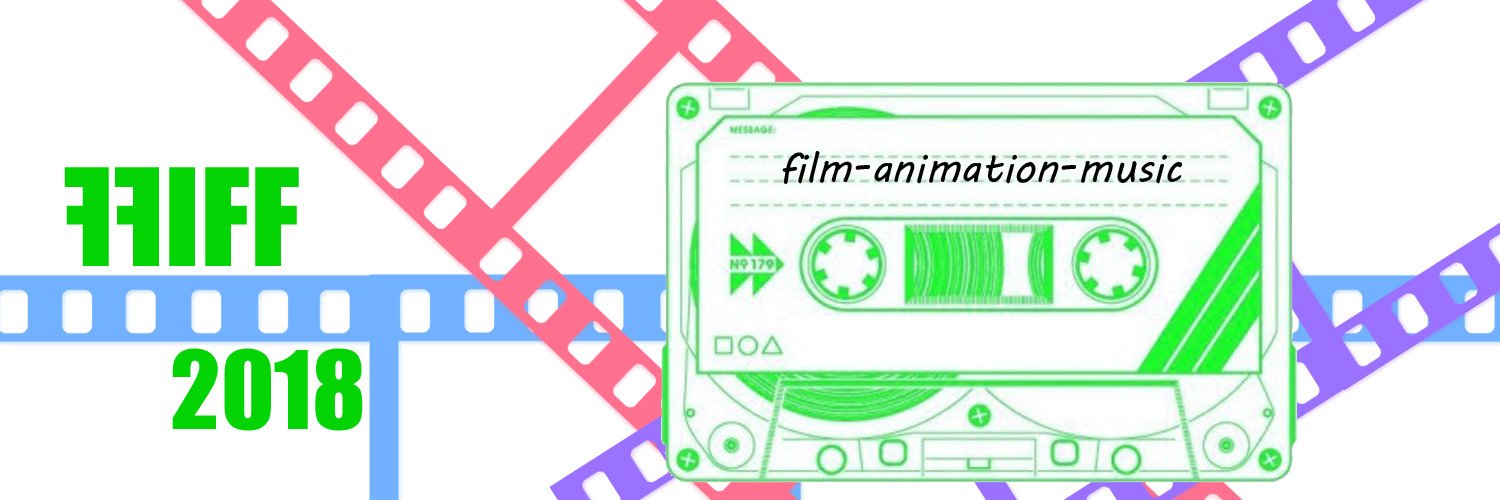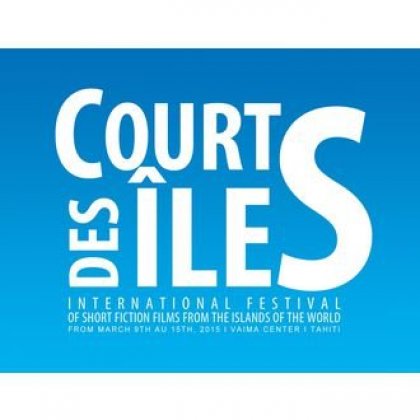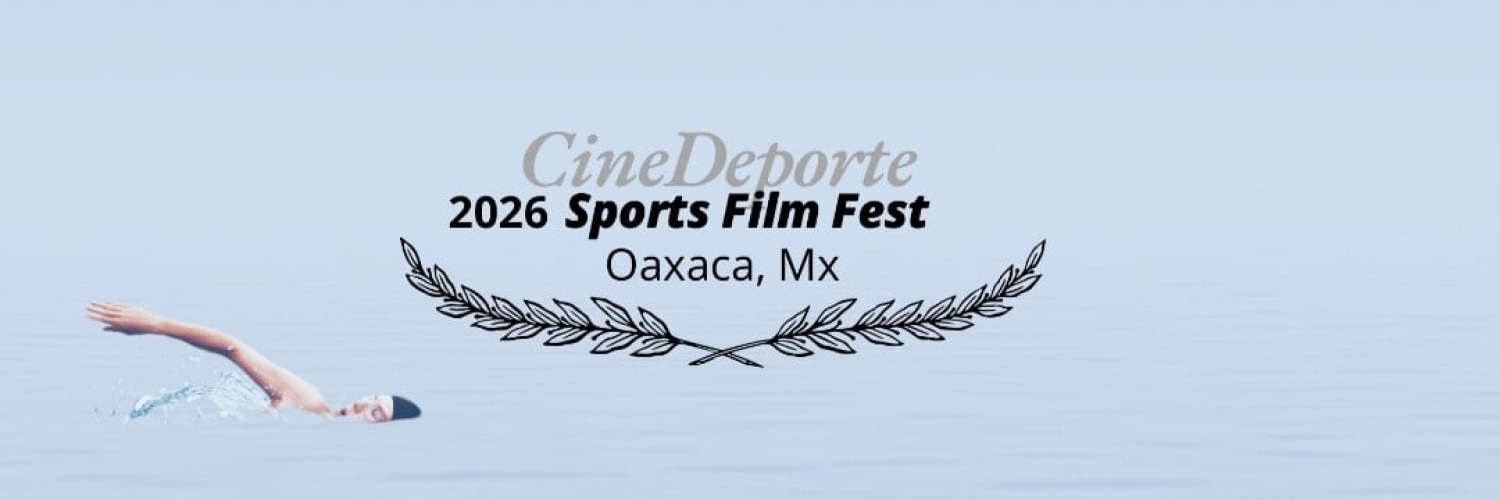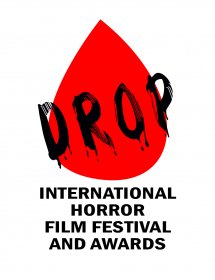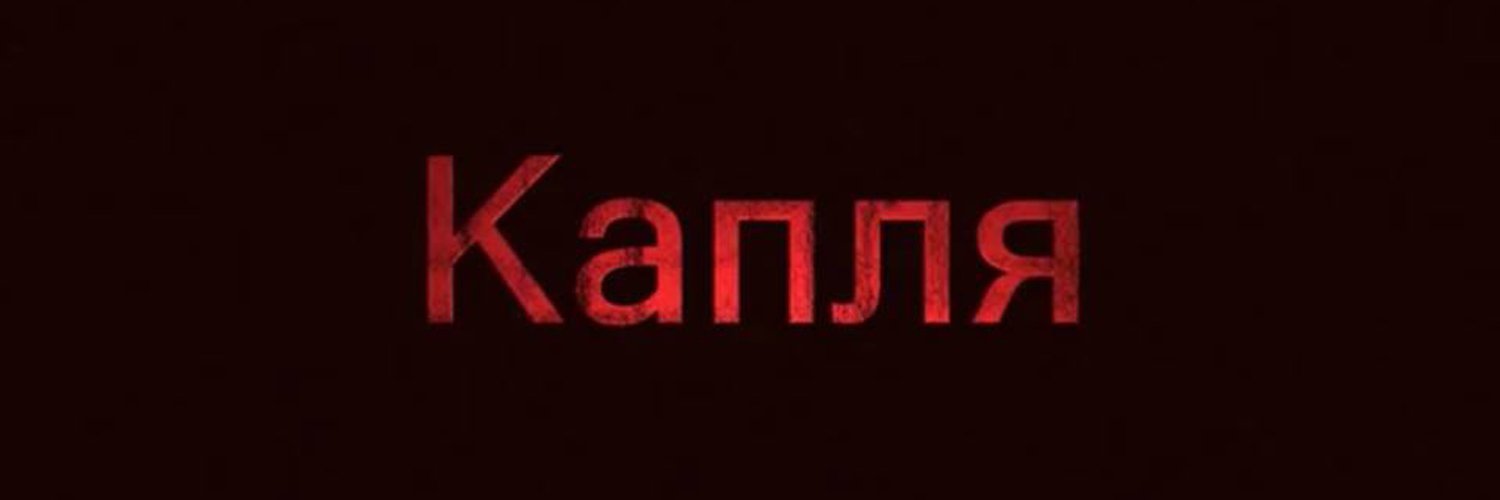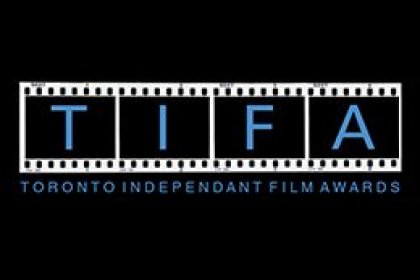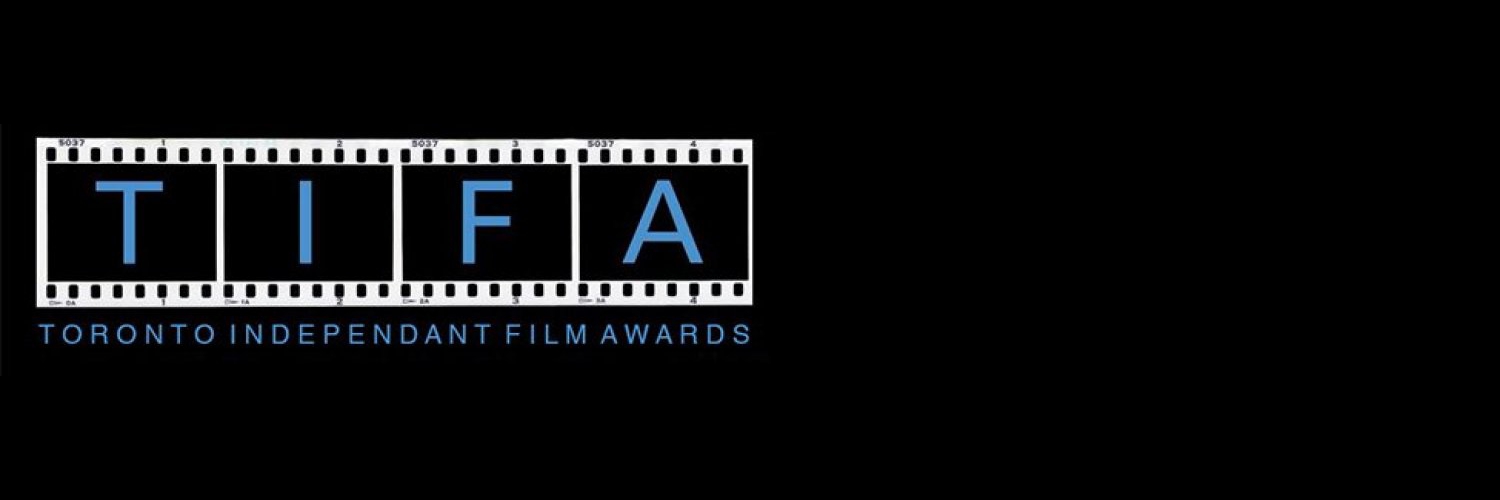
The audience now, lands in Brooklyn and award the best of urban cinematic culture, and the best of what is currently the world and New York culture.
With the main prize, the choice of the audience.
Still have special awards, chosen by a jury formed by Audience Now, for outstanding films in various categories.
#TheAudienceNow Team.
Daazo - the European Shortfilm Centre proudly presents the 4th edition of the Friss Hús International Shortfilm Festival, which will take place at the end of March 2016 in Budapest, Hungary. The success of the last three years made it possible for Friss Hús to become one of the most important shortfilm events in Hungary.
The long term plan of the organisers of Friss Hús is to make sure that the event becomes an internationally acclaimed festival where the audience can watch entertaining and colourful short film selections and where the filmmakers can meet important professionals from the film industry as well as attend special workshops.
We hope to see you in Budapest at the Friss Hús screenings, for an all night long party or at one of the festival’s professional events!
U-Bahn Frankfurt FILM FESTIVAL ist ein neues Filmfestival, die durch die Clockwork Film Institute.
Es ist Teil einer Reihe von Online-Festivals und sein Hauptziel ist es, alle Arten von U-Bahn-Filmemachen aus der ganzen Welt zu umarmen.
FUBAFF Auszeichnungen wird zwischen vier Kategorien unterteilt werden: Amts; Press; Internet und Popular Jury.
Alle Preise werden in der Post veröffentlicht werden und wird vom Festival (inklusive Versandkosten) bereitgestellt werden.
It is one of the biggest festivals of horror movies from the Amazon.
Reaching its second edition, even more frightening.
Straight from the heart of the Amazon forest, fear will arise and reward the best horror films in the world.
Welcome to our nightmare
Rooyesh religious short film festival is an event organized to introduce the potentials of religious cinema in Iran and to help those filmmakers whose works foster religious teachings, ethics, hope and virtues. The festival will also generate motivation and bring hope to young filmmakers who are supposed to ensure a prosperous future for Iranian professional cinema.
People for Peace is a film festival with a difference.
Showing for the first time in Sydney on the weekend of the 21st & 22nd February 2015, the festival showcases talented professional & student filmmakers and video art creators from around the world, and will also include workshops and talks based on the concept of peace.
The only prerequisite for entry is that the film has a through line of peace. The only limitation in interpreting the theme of peace is your imagination.
We donate 50% of profits to charity and will formally disclose the recipients on our website after each annual event.
AWARDS:
Best Overall Film $1000
Best International Film: $250
Best Australian Film: $250
Best Student Film: $250
The Cardora Film Festival is non-exclusive and you can submit films from your back catalogue and which have already been on the web or in other film festivals.
Films accepted into the Cardora Film Festival can be sent as Cardora Moviecards by the filmmakers to promote their work and by Cardora subscribers. Cardora Moviecards is an online personalized movie-greeting card service offering high quality, charming and beautiful micro-movies for adults and children.
Cardora can help you build your audience in preparation for crowdfunding and traditional finance raising and help with packaging by attracting talent. A potentially very large audience could see your work and it could go viral. You will get a share of the revenue when your micro-movie is turned into a Moviecard and subscribers send your movie in their moviecard. You can use this money to make more movies!
Das Festival wird vom Management der City Montessori School in Lucknow, Indien, organisiert. Ziel des Festivals ist es, den Produzenten von Kinderfilmen eine gemeinsame Plattform zu bieten, um ihre Ansichten für die ordnungsgemäße Entwicklung des Potenzials von Kindern durch aussagekräftige pädagogische Filme zu projizieren und Freundschaft und Zusammenarbeit unter den Menschen der Welt zu fördern.
Created by Jose Ruiz, Jr., the Co-Founder of the Manhattan Film Festival in NYC, as an opportunity to introduce his love for independent film into the city & community that he grew up in, the West Side Film Series is an opportunity to showcase independent cinema, on an ongoing basis (Twice per month), to an audience that is not typically afforded the opportunity to experience such quality artistic film. Located in St. Paul, MN -the West Side Neighborhood has been home to many immigrant communities, and was once dubbed, "The Ellis Island of the Midwest". Today, the neighborhood is home to a respectful, diverse community that has flourished through local business impact, and is continuing to evolve as a flourishing artistic town. The series will be open to all in proximity, including the booming Lowertown Arts Community! A great opportunity to showcase your film to a great audience to build buzz for your film. Proceeds will go to benefit Prodigy Sports, a local organization that provides quality athletic training opportunities to high school students from various communities.
With submission to this film series, films will also receive free submission to a film festival that will be announced shortly, to be held in beautiful Downtown St. Paul, recently named "The most romantic city in North America"!
FESTER is a regular film series in Los Angeles showcasing “Mindfuck Movies,” films that crawl inside your head and stay there like the memory of a fever dream.
Did you make the next Primer or Donnie Darko? Did other festivals think your film was too weird or complex or out there? Want to show your Mindfuck Film at a cool venue in LA? Submit!
We want the best plot-twisting, genre-bending, mind-fucking movies unfindable on TV, Netflix, iTunes, or anywhere else outside our monthly screenings. No restrictions on year of production or previous festival appearances!
Writers judge filmmakers, filmmakers judge writers!
Winning writer gets their script made by the winning filmmaker!
The writer gets their script made and they get paid. The filmmaker gets funded to shoot it!
Very limited entries and everyone gets lots of coverage of their work!
The winning filmmaker wins $50,000 (Feature) or $25,000 (Short) to shoot one of the top 10 scripts. Winning writer receives $20,000 (Feature) or $10,000 (Short) for their script!
FAM Fest International Film Festival 2018
Ayrsley Cinemas
9110 Kings Parade Boulevard
Charlotte, NC 28273
Festival Start Date 08/09/2018
Categories
Animation
Carolina Regional
Challenge
Documentary
Experimental
Faith-Based
Film Feature
Film Short
Music Video
Sci-Fi
Shoot Your Short Screenplay Competition
Student
The APICA, an association for the promotion of images, creation, and the arts, based in French Polynesia organizes from March 6h to 12th, 2017 the third edition of the International Festival of Short Fiction Films from the Islands of the World: Courts des îles, in Papeete, Tahiti (French Polynesia).
The perspective of island directors at the heart of the “Courts des îles” Festival
The APICA wishes to highlight island sensitivities from all over the world through their audiovisual and cinematic creations, by gathering them around a unique event: The International Festival of Short Fiction Films from the Islands of the World, Courts des îles.
From Java to Madagascar, from Iceland to New Zealand, from the Bahamas to Guadeloupe, from Hawaii to Tasmania… Courts des îles hopes to be an open window on island cultures, singular of pluralistic, a link between these young creators, directors from the islands of the world who tell us their stories.
Celebrating the islands of the world through a specific form of expression: short fiction films
A veritable journey around the world of island creativity: from Europe to Asia, from America to Oceania, and through Africa, Courts des îles is also a place of exchange and sharing for festival attendees, who will be able to contrast their experiences, their points of mutual interest, and their differences during workshops, round tables, and conferences organized around the themes of screenwriting, directing, and producing short fiction films.
Beyond the screening of short fiction films from the islands of the world, the Courts des îles Festival will give pride of place to a different island every year through the best short films that are produced there.
Sportfilmfestival von Oaxaca 2026
Willkommen zum Oaxaca Sports Film Festival 2026, einer einzigartigen Feier des Kinos und des Sports im Herzen von Oaxaca, Mexiko. Unser Festival rückt inspirierende, spannende und motivierende Geschichten ins Rampenlicht, die die tiefe Verbindung zwischen Sport und menschlicher Erfahrung untersuchen, von populären Disziplinen wie Fußball und Boxen bis hin zu Extremsportarten und weniger bekannten Aktivitäten.
In einem Umfeld voller sportlicher Leidenschaft und filmischer Kreativität ist es unsere Mission, Filmemachern aus der ganzen Welt — sowohl aufstrebenden als auch etablierten — eine Plattform zu bieten, auf der sie ihre Visionen darüber teilen können, wie Sport Leben verändern kann. Ganz gleich, ob Ihr Film eine Geschichte von persönlichem Triumph, Teamwork oder der Überschreitung der Grenzen menschlichen Potenzials erzählt, das Oaxaca Sports Film Festival 2025 zielt darauf ab, Geschichten zu präsentieren, die durch Action inspirieren.
Akzeptierte Kategorien
Spielfilme: Fiktion, Dokumentation oder Animation, die sich auf Sportthemen konzentrieren.
Kurzfilme: Kurzfilme, Dokumentarfilme oder Animationen mit Bezug zur Welt des Sports.
Experimentelle Filme und neue Erzählungen: Innovative audiovisuelle Stücke, die Sport aus einzigartigen Perspektiven untersuchen.
Ernährung im Sport: Filme über Ernährung im Sport und Gesundheit.
Vielfalt im Sport: LGBT+-Geschichten im Sport.
Regeln für die Einreichung
Filme müssen einen Bezug zu Sport haben oder sich mit Sportthemen befassen, sei es in Fiktion-, Dokumentar-, Animations- oder experimentellen Formaten.
Wir akzeptieren Filme aller Genres aus allen Ländern.
Für Filme, die nicht in diesen Sprachen verfasst sind, sind englische oder spanische Untertitel erforderlich.
Die Einreichung garantiert nicht die Auswahl für das Festival.
Über Oaxaca
Das Oaxaca Sports Film Festival 2026 findet in einer der schönsten und kulturell reichsten Städte Mexikos statt. Oaxaca ist bekannt für seine lebendige Kunstszene, seine koloniale Architektur und seine weltberühmte Küche und bietet die perfekte Kulisse für ein Festival, das die Leidenschaften von Film und Sport vereint. Die Teilnehmer werden nicht nur unglaubliche Vorführungen genießen, sondern auch in das reiche kulturelle Erbe der Region eintauchen.
Live Entertainment, LLC, Russia in co-operation with EVENT FILM, Canada proudly present an annual festival event – International Horror, Action and Fantastic Film Festival & Awards "DROP".
The festival is being annually held in the city of Moscow since the year 2011 and contains 4 events:
- opening screening
- closing awards ceremony
- master-class and Q&A with movie stars
- film festival competition program screenings in cinema theatres
The Awards ceremony takes place in a big concert venue (changing every year) and consists of the show program and the ceremony of granting awards which is divided into the following jury voting categories:
- awards granted to local film distribution companies for the blockbusters screened in cinema theatres of Russia in the reported year;
- awards granted to young directors and producers as competition program. The category is called “Hope for Survival”;
- awards granted to World stars for the contribution to horror genre
The Awards ceremony is always visited and recorded by a large number of mass media.
The Master-class is a so-called Q&A horror convention held in a cinema theatre in a form of a question-answer session between the star guests of the festival and the audience + autograph session. The event usually ends with a premier film screening.
The festival program is a week non-stop screening of new movies in several Moscow cinema theatres. The films-participants of the competition program are being selected by the festival’s jury. Submissions are being analysed and accepted by the festival's organization committee during the whole year.
The festival's schedule usually also contains a pre-party and an after-party arranged for the honored guests and winners.
The TV version of the festival is televised by Tricolor TV platform.
The festival specializes in all sub-genres of horror and action film industry, i.e.: cartoon horror, comedy horror, psychological thriller, trash horror, zombie horror, giallo, slasher, suspense, detective, action, fantasy, sci-fi etc. Starting from the year 2013 the festival also specializes in survival horror video games sphere.
The festival is annually visited in person by World-known honored guests. The previous years’ guests were: Eric Roberts, Stuart Gordon and Bryan Yuzna, Jodelle Ferland, Costas Mandyllor & Tobin Bell, Lloyd Kaufman, Akira Yamaoka, Marco Ristori and Luca Boni, Preity Uupala, Yeppe Laursen, Silje Reinaamo, Daniel Licht, A.J. Annila, Leonid Kuravlev, Igor Zhizhikin, Oliver Robins, Corbin Bernsen, Lauren Esposito, John Kassir, James Russell, Mick Garris, Shawn Hall, Liesl Ahlers, Kyle Catlett, Lina Leandersson, Richard Cutting, Helen Crevel, Javier Botet, SWERY, Adnan Koc, Naomi Grossman & Ben Wolf, Sergio Stivaletti
...and many others
A great number of star winners also annually send their exclusive video messages which are being screened during the ceremony.
A more detailed information about the festival can be found on the English version of our web site, on Wikipedia and in social media.
Leitbild
TIFA, die Toronto Independent Film Awards Inc. (früher bekannt als Toronto International Film and Video Awards Inc. TIFVA) widmet sich der Verleihung und Präsentation der besten Independent-Filme aus der ganzen Welt.
TIFA wurde von unabhängigen Filmemachern gegründet, die den Prozess der Einreichung bei Festivals und die Herausforderungen verstehen, denen sie begegnen, wenn sie versuchen, von Fachleuten in der Branche Anerkennung für ihre Arbeit zu erlangen. Deshalb bietet TIFA so viel — wir wollen Filmemacher und Autoren auf jede erdenkliche Weise unterstützen!
Die Kernüberzeugungen der TIFA sind die folgenden: Barrierefreiheit, Gleichheit und Diversität.
Bei TIFA glauben wir, dass jedem die gleichen Möglichkeiten gegeben werden sollte, seine Talente im Film auszudrücken. Aus diesem Grund zeigt und vergibt TIFA Filme und Drehbücher aus allen Ländern aller Genres sowie eine Reihe unabhängiger Budgets.
Um die Wettbewerbsbedingungen auszugleichen, akzeptieren wir Spielfilme in vier Unterkategorien, die auf dem Budget des Projekts basieren, sodass Filme nicht mit anderen konkurrieren, die mit höheren Budgets gemacht wurden. Wir heben auch Kategorien hervor, die oft übersehen werden, wie Experimentalfilme, Webserien, Animationen, Musikvideos und Kinderfilme.
Die TIFA ist ein starker Befürworter der Vielfalt im Filmemachen. Jeder hat eine Geschichte zu erzählen und die Förderung der Vielfalt in der Branche kann sie nur verbessern. In diesem Jahr hat die TIFA Einreichungen aus über 40 Ländern erhalten, da wir unsere Reichweite Jahr für Jahr weiter ausbauen.
Für Ihre Chance, als die Besten der Besten in Independent-Filmen - aus jedem Genre und aus jedem Land der Welt - anerkannt zu werden, unterwerfen Sie sich bei TIFVA.
